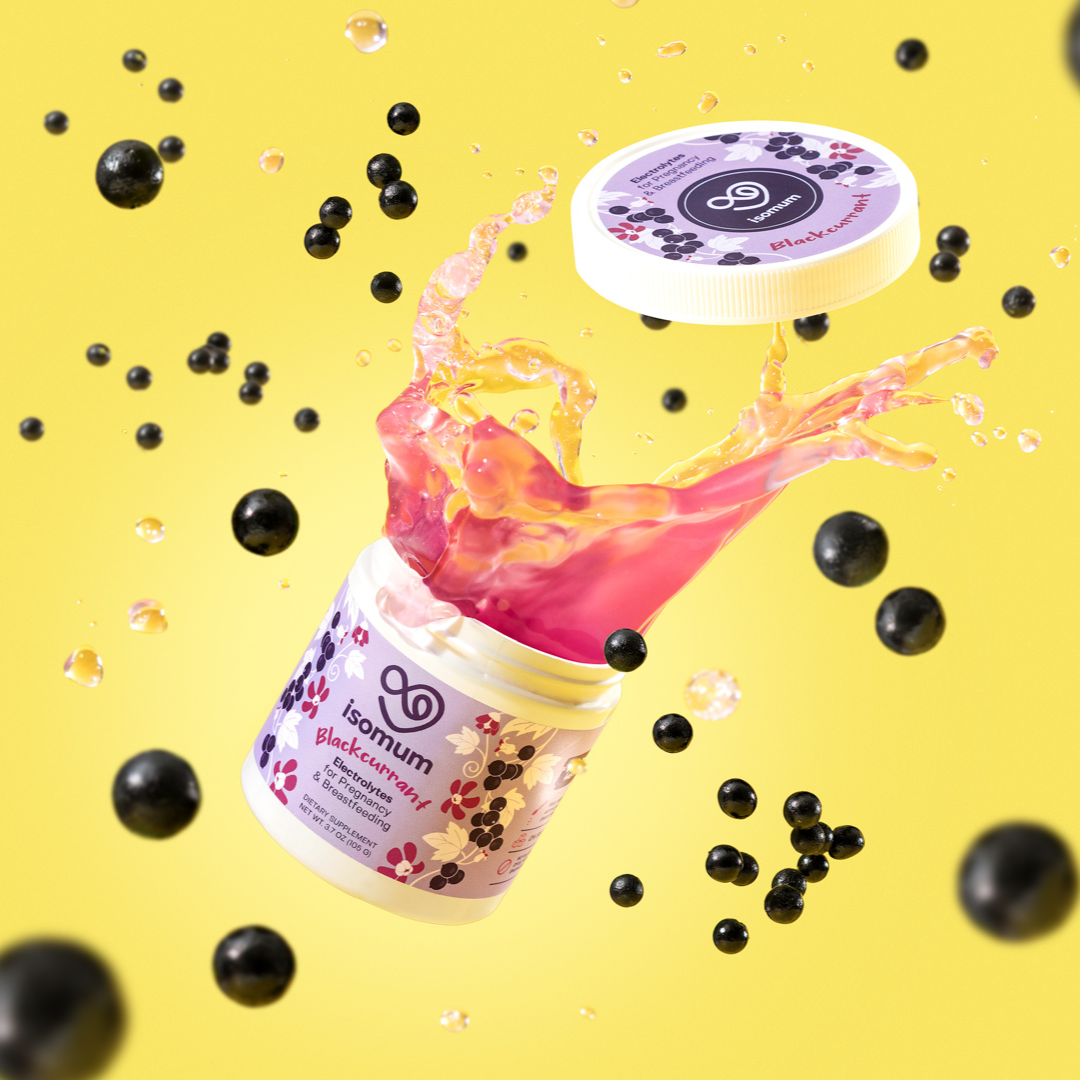Dry Mouth with Pregnancy
(Xerostomia (Dry Mouth)
Pregnancy brings about many unique experiences, but it can also cause some uncomfortable side effects, such as dry mouth when pregnant. If you’re an expectant mother searching for effective, natural, and safe ways to combat dry mouth when pregnant, this guide is for you. We’ll delve into the specific reasons behind this issue and provide practical, easy-to-implement solutions to help you stay comfortable and hydrated throughout your pregnancy journey.
If you’re looking for a good hydration remedy, you should check out Isomum for isotonic solutions for pregnancy.
Understanding Dry Mouth when Pregnant: Causes and Risk Factors
Before diving into the remedies and lifestyle tips, it’s crucial to understand why dry mouth occurs when you’re pregnant. By identifying the factors contributing to this condition, you can tackle the issue more effectively and prevent it from worsening.
- Hormonal changes
- Dehydration
- Medications
- Diabetes and gestational diabetes
Dry mouth when pregnant can result from various factors, including hormonal changes, dehydration, medications, and diabetes or gestational diabetes. Hormonal fluctuations are a natural part of pregnancy and can lead to reduced saliva production, causing dry mouth. Dehydration can worsen dry mouth symptoms, so staying hydrated is essential. Certain medications may cause dry mouth as a side effect, and diabetes or gestational diabetes can increase the risk of experiencing dry mouth. Knowing these causes and risk factors can help you and your healthcare provider determine the best course of action to alleviate your symptoms.
Identifying the Root Causes of Dry Mouth
To tackle dry mouth effectively, it’s essential to identify its causes and risk factors, which include hormonal changes, dehydration, medications, and diabetes or gestational diabetes. Knowing these factors can help you and your healthcare provider find the best way to alleviate your symptoms.
Natural Remedies for Dry Mouth Relief
Now that you’re aware of the potential causes of dry mouth during pregnancy, let’s explore some natural remedies to find relief. These remedies are safe and effective ways to combat dry mouth symptoms without relying on medications that may have adverse effects on your pregnancy.
- Hydration: Importance of water intake and tips for staying hydrated
- Saliva-stimulating foods and drinks
- Herbal teas and infusions for dry mouth relief
- Oral hygiene: Proper brushing, flossing, and using alcohol-free mouthwash
To alleviate dry mouth during pregnancy, focus on hydration by drinking enough water and consuming saliva-stimulating foods and drinks. Herbal teas and infusions can offer additional relief, while maintaining proper oral hygiene through regular brushing, flossing, and using alcohol-free mouthwash can help prevent complications arising from dry mouth.
Embracing Nature’s Solutions for Dry Mouth Relief
For a natural approach to relieving dry mouth during pregnancy, focus on keeping yourself hydrated, consuming saliva-stimulating foods and drinks, trying herbal teas and infusions, and maintaining good oral hygiene. These remedies are safe, effective, and can make a real difference in your comfort level.
Lifestyle Changes to Combat Dry Mouth during Pregnancy
Sometimes, simple lifestyle changes can make a significant impact on dry mouth symptoms. By adopting these modifications, you can create an environment that promotes oral health and reduces the discomfort associated with dry mouth during pregnancy.
- Breathing techniques: Nasal breathing vs. mouth breathing
- Humidifiers: Benefits and how to choose the right one
- Managing stress and anxiety
- Regular dental check-ups
To mitigate dry mouth symptoms, practice nasal breathing instead of mouth breathing, which can help retain moisture in your mouth. Using a humidifier in your home can maintain optimal humidity levels and provide relief from dry mouth. Managing stress and anxiety through relaxation techniques can also help, as stress may worsen dry mouth symptoms. Lastly, don’t forget the importance of regular dental check-ups to ensure optimal oral health during pregnancy.
Simple Adjustments for a More Comfortable Pregnancy
Simple lifestyle changes can go a long way in easing dry mouth symptoms. Practise nasal breathing, use a humidifier, manage stress and anxiety, and attend regular dental check-ups. By making these adjustments, you’ll create a more comfortable environment for yourself and promote better oral health.
Nutrition for Pregnant Women: Foods and Supplements to Support Oral Health
A balanced diet plays a vital role in maintaining your overall health and well-being during pregnancy, including your oral health. By focusing on specific nutrients and foods, you can support healthy oral tissues and mitigate dry mouth symptoms.
- Essential vitamins and minerals for healthy oral tissues
- Foods to avoid or limit
- Safe oral health supplements during pregnancy
Incorporate essential vitamins and minerals, such as vitamin C, vitamin B6, calcium, and magnesium, into your diet for healthy oral tissues. Be mindful of foods that can exacerbate dry mouth, like high-sodium or sugary items, and limit their consumption. Additionally, consider safe and effective oral health supplements during pregnancy, such as prenatal vitamins and omega-3 fatty acids, but consult your healthcare provider before starting any new supplement regimen.
Eating Your Way to Better Oral Health
A balanced diet is crucial for maintaining oral health during pregnancy. Prioritise essential vitamins and minerals, limit foods that can worsen dry mouth, and consider safe oral health supplements with your healthcare provider’s guidance. Your diet can have a significant impact on your oral health and overall well-being.
Precautions and When to Seek Medical Help
While dry mouth during pregnancy can be a manageable condition, it’s essential to recognise when to seek medical help. Keeping an eye on warning signs and potential complications can ensure a safe and healthy pregnancy.
- Warning signs of severe dry mouth
- Complications of untreated dry mouth
- When to consult your healthcare provider or dentist
Pay attention to warning signs of severe dry mouth, such as cracked lips, difficulty swallowing, or persistent sore throat. Left untreated, dry mouth can lead to oral health complications, including gum disease, tooth decay, and oral infections. If your symptoms persist or worsen, consult your healthcare provider or dentist for further evaluation and guidance tailored to your specific needs.
Staying Vigilant and Knowing When to Seek Help
Keep an eye on warning signs of severe dry mouth and potential complications. If symptoms persist or worsen, don’t hesitate to consult your healthcare provider or dentist. Taking precautions and seeking medical help when necessary ensures a safe and healthy pregnancy journey.
Managing Dry Mouth
Dealing with dry mouth during pregnancy doesn’t have to be a struggle. By understanding the causes, exploring natural remedies, making lifestyle adjustments, and prioritizing oral health, you can effectively alleviate dry mouth symptoms and enjoy a more comfortable and healthy pregnancy. Remember to consult your healthcare provider if symptoms persist or worsen, as they can offer additional guidance tailored to your specific needs.


